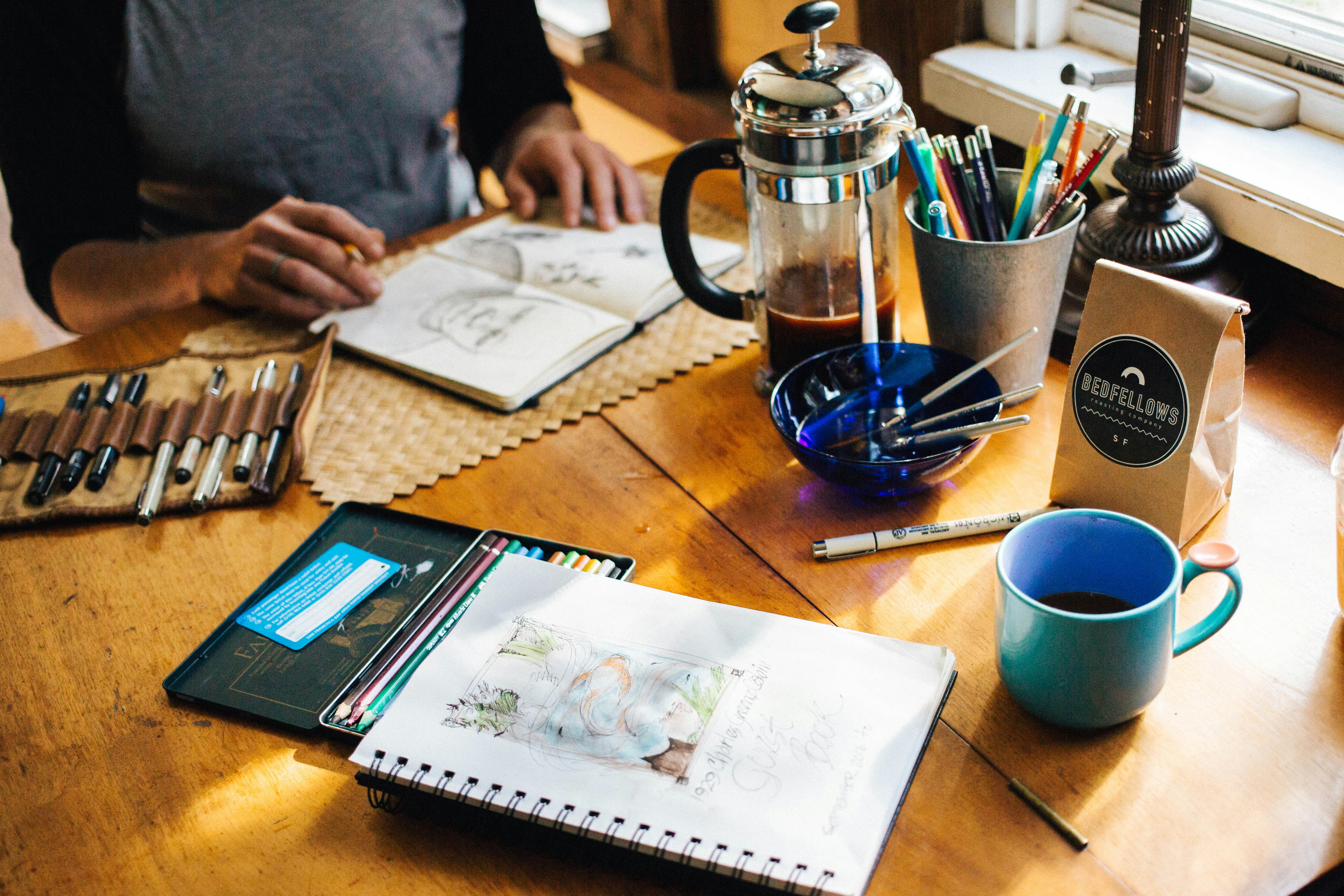
Local Hubs Ignite Lifelong Discovery With Creative Spaces And Story Exchanges
Sunlight streams into a lively workshop, where the aroma of fresh paint fills the space and people gather around shared tables. At *Thread Studio* in Portland, those eager to try their hand at weaving or woodworking find encouragement and practical advice from experienced artisans. Meanwhile, a cozy living room in Chicago becomes the setting for *StoryCorps* sessions, with participants sharing stories and reflecting on moments that shaped them. These unique environments bring people together to explore new crafts and exchange meaningful experiences, creating opportunities for learning and connection in welcoming, creative settings.
Over a weekend, I watched a retired teacher use a 3D printer at a neighborhood makerspace to produce tactile puzzles for local schools. Across town, a college student used that same space’s recording booth to capture oral histories from community elders. These examples show how creative hubs serve as story exchanges, sparking curiosity at any age. They succeed because they feel personal, hands-on, and honest—everything adults crave when juggling careers, families, and personal growth.
The Growth of Local Creative Hubs
Community centers, independent studios, and pop-up workshops have spread across cities, driven by a desire for face-to-face interaction and skill sharing. Places like *The Moth* in New York City started as small storytelling evenings and grew into a global platform. That success motivated locals everywhere to turn corner coffee shops, public libraries, or warehouse lofts into lively hubs.
Organizers often depend on volunteers and grassroots funding, which keeps operating costs low and events accessible. When a retired engineer donated tools to a suburban garage, she didn’t just give equipment—she unlocked a community resource. Capacity expands naturally as participants bring their own projects and expertise, creating a cycle of give-and-take that maintains momentum.
Creating Engaging Spaces
- Open Layouts that Encourage Interaction: Tables arranged in groups allow people to join and leave discussions easily. At *Craft Commons* in San Diego, movable furniture encourages artists to rearrange setups based on group size and activity.
- Natural Light and Plants: A sunlit corner boosts energy and sparks creativity. Living greenery softens industrial elements, making the space feel welcoming.
- Accessible Tools and Materials: Clearly labeled bins and shelves within reach let newcomers start right away without searching for supplies. Visual guides on the wall outline basic machine operations and safety tips.
- Quiet Nooks for Focused Work: Even in lively hubs, small alcoves offer solitude for journaling, editing audio recordings, or planning a project.
- Display Walls for Completed Projects: When participants hang their creations for others to see, it builds pride and sparks new ideas.
Encouraging Story Exchanges
- Invite a Wide Range of Voices: Host open-mic nights where everyone from teenagers to seniors can share short stories. This mix brings unexpected perspectives.
- Provide Conversation Prompts: Display question cards—“What object tells your life story?” or “Describe a moment when you learned something new.” Prompts break the ice and guide reflection.
- Pair Storytellers with Note-Takers: A dedicated listener writes down key details, then shares highlights afterward. That feedback loop makes each story feel valued.
- Record and Archive Sessions: Offer simple audio recorders and clear consent forms. Over time, your hub creates an audio library of local history.
- Host Themed Exchanges: Focus on topics like childhood memories or travel mishaps. A shared theme helps participants prepare and connect through common ground.
The Impact on Communities
At *Urban Loom* in Detroit, residents revived a century-old tradition of textile weaving while collecting personal histories about family quilts. That hub became a bridge between living artisans and aging weavers, resulting in a free public exhibit at a local library.
In Austin, a makerspace partnered with a nonprofit to offer free design workshops for aspiring entrepreneurs. Participants created prototypes and then pitched their ideas at a community showcase. One baker used the hub’s commercial oven to test gluten-free recipes before opening her own café.
Story nights at a suburban art studio sparked a local podcast. Collecting tales about school experiences and first jobs, the hosts attracted interviews with educators and business owners. The podcast now streams weekly and reaches listeners from multiple states.
Even small towns benefit. In a Vermont community center, a traveling storytelling coach led a weekend retreat. Attendees formed new friendships over campfire tales and went home eager to start monthly gatherings in their neighborhoods.
Steps to Start Your Own Hub
- Find a Welcoming Venue: Collaborate with a nonprofit, library, or unused retail space to keep costs low. Check for good lighting, ventilation, and easy parking.
- Bring in Local Experts: Invite craft enthusiasts, journalists, or retired professionals to lead workshops. Their real-world experience attracts newcomers and builds credibility.
- Set a Consistent Schedule: Begin with one event each month, learn from feedback, then expand. Regularity builds trust, while a reasonable pace prevents burnout.
- Build Community Partnerships: Work with schools, senior centers, and cultural organizations. Joint programming broadens your network and shares promotional efforts.
- Create a Simple Online Hub: Use basic website builders or social media pages to post upcoming events, share photos, and gather registration details. A clear calendar helps people plan ahead.
- Encourage Peer Mentorship: Ask experienced participants to mentor newcomers. This practice transfers knowledge smoothly and deepens social bonds.
Creative hubs spark discovery by combining hands-on learning with meaningful conversations. They bring together diverse talents, leave lasting memories, and inspire ongoing curiosity.
Start planning your own local space by gathering friends and finding a spot. Watch as ideas and stories come to life in your community.